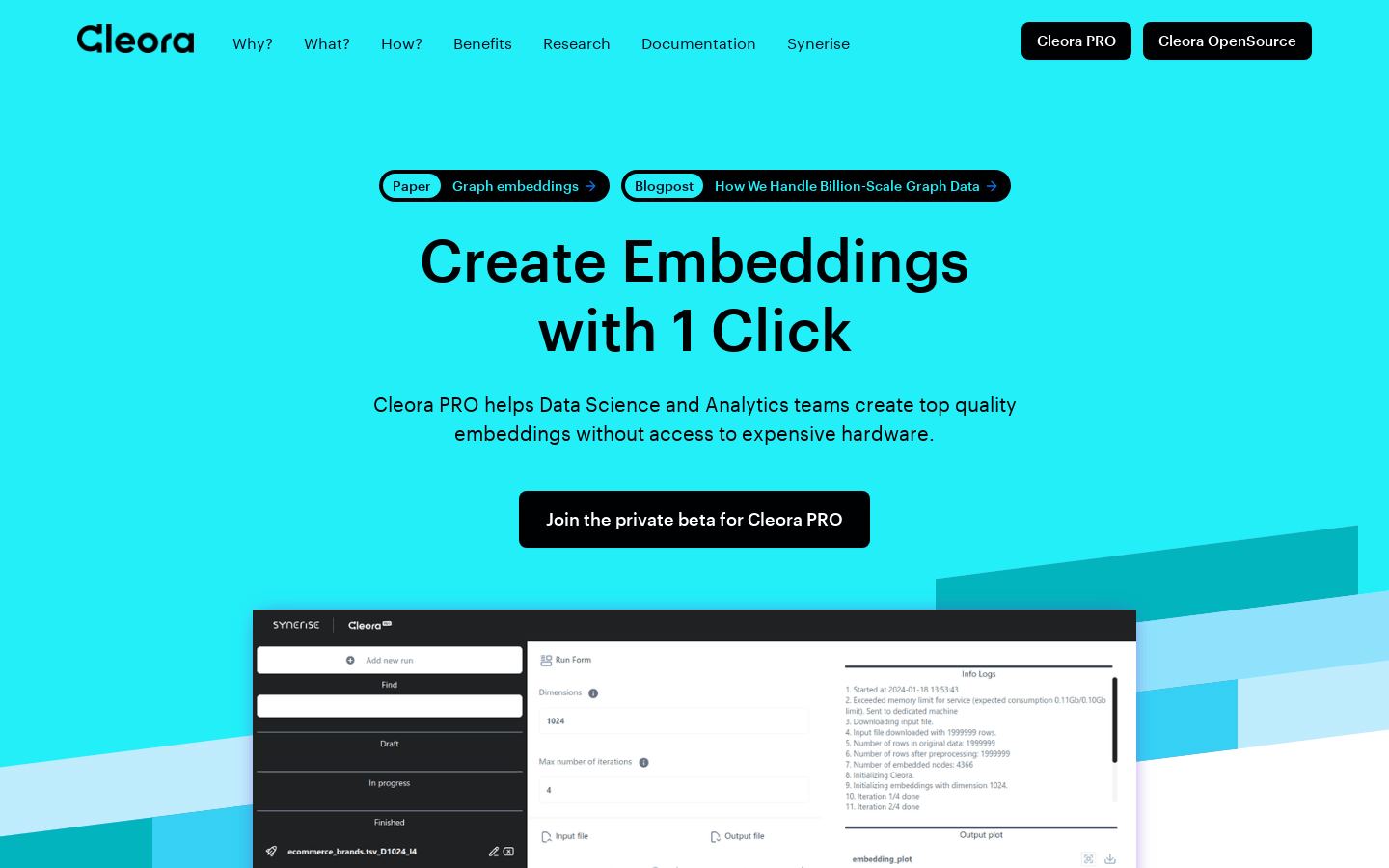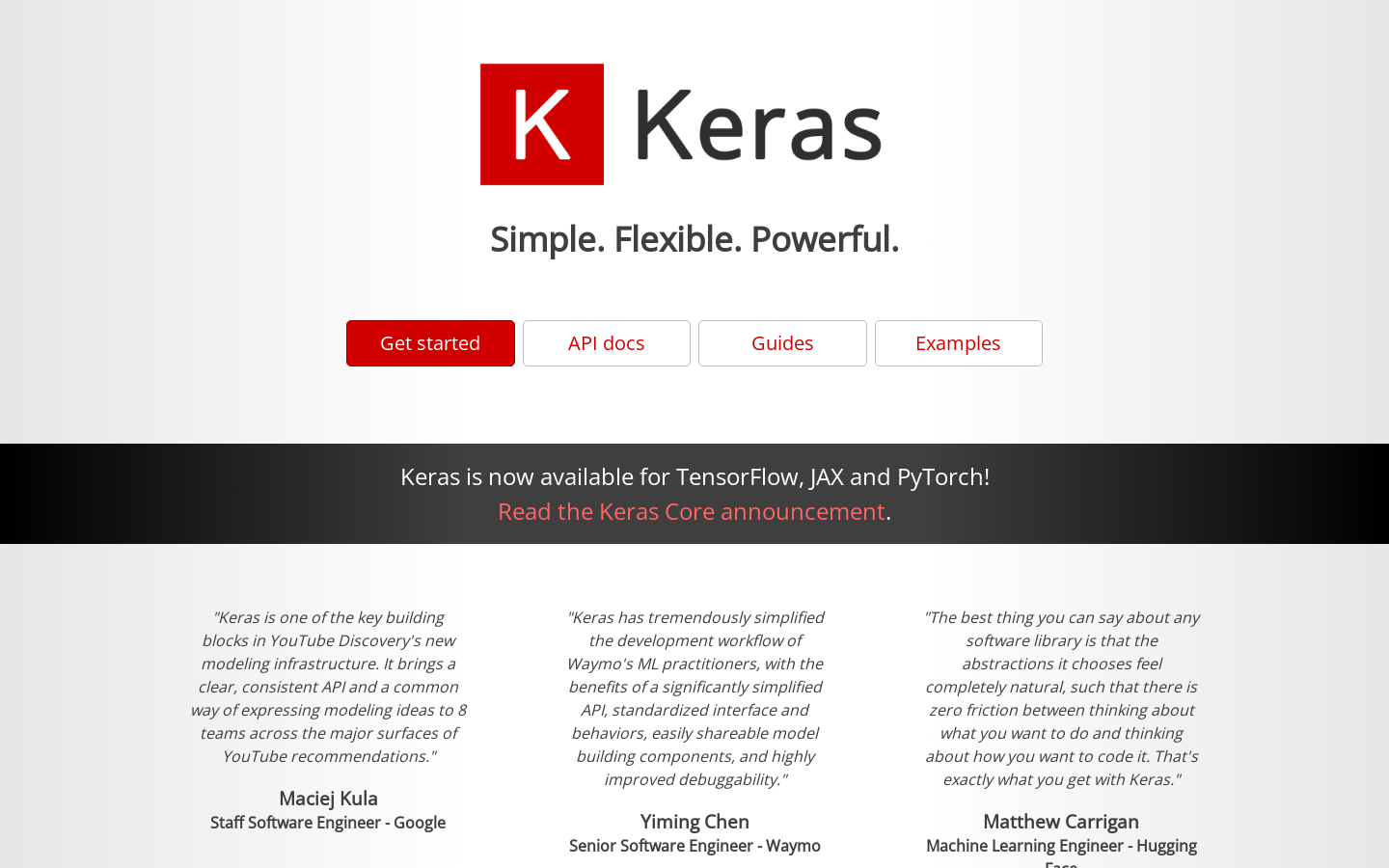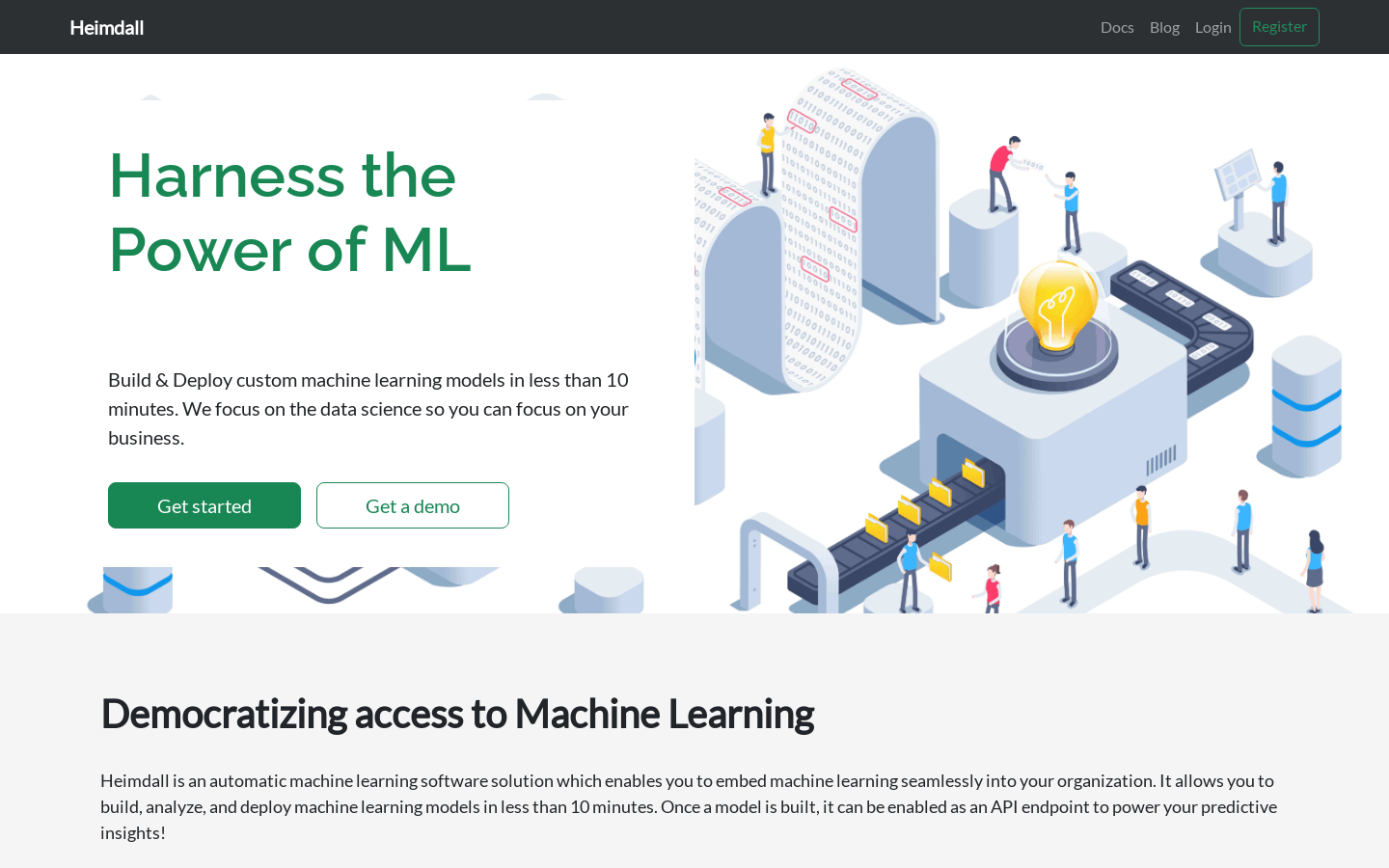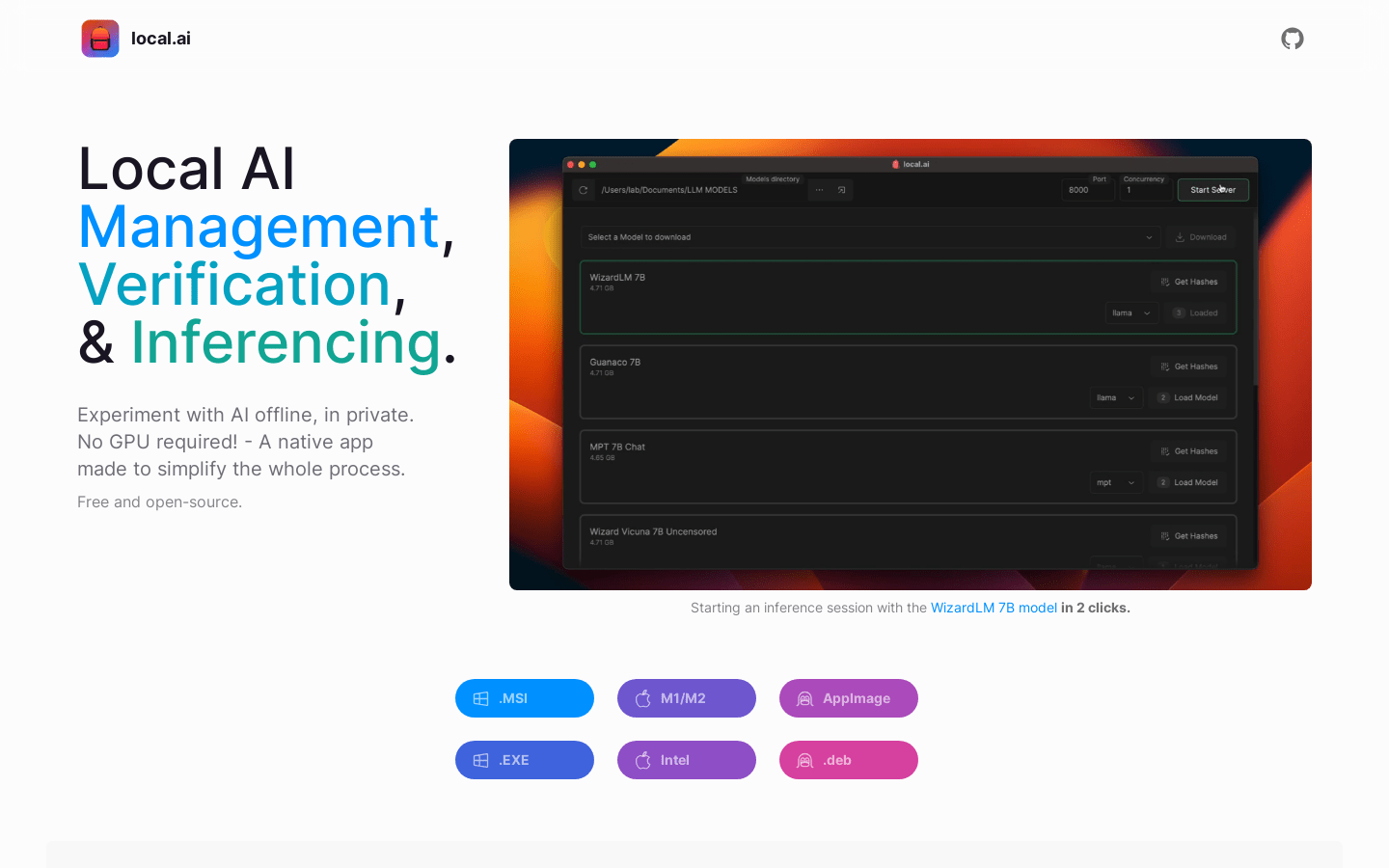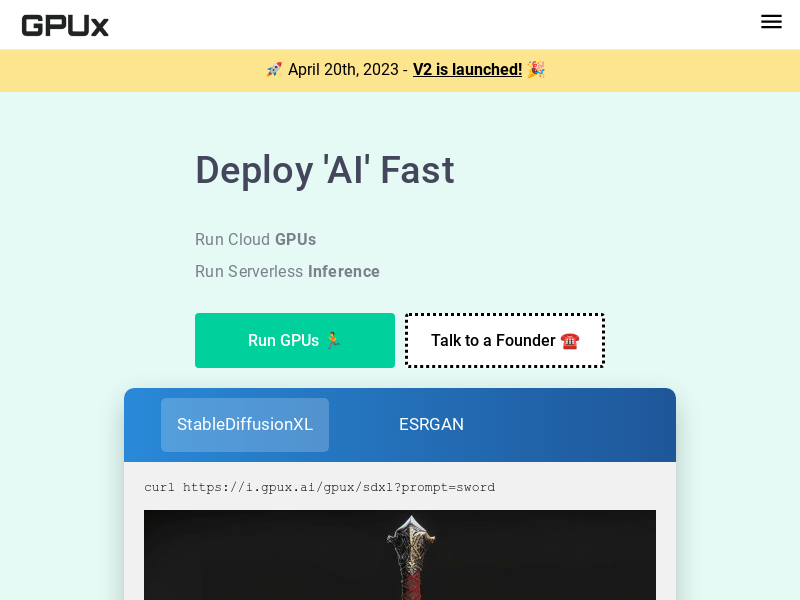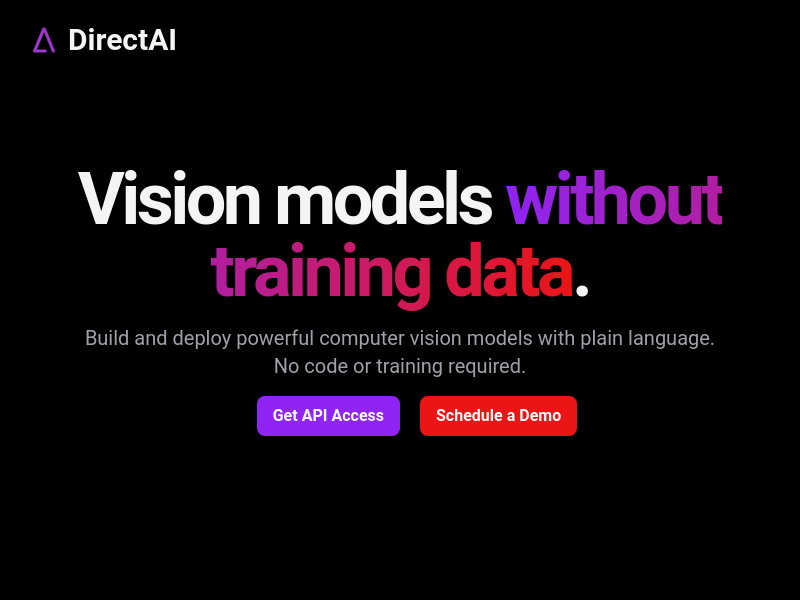🖼️
image Category
Model training and deployment
Found 29 AI tools
29
tools
Primary Category: image
Subcategory: Model training and deployment
Found 29 matching tools
Related AI Tools
Click any tool to view details
Related Subcategories
Explore other subcategories under image Other Categories
🖼️
Explore More image Tools
Model training and deployment Hot image is a popular subcategory under 29 quality AI tools









